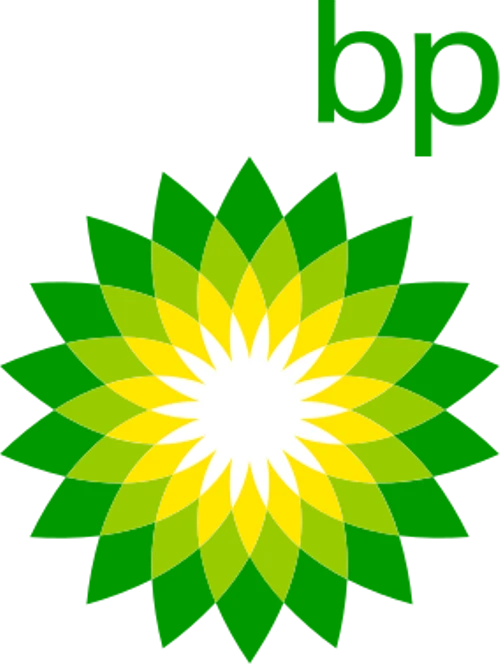- Home
- CME vs BP Comparison
CME vs BP Comparison
Compare CME & BP Stocks: Price Trends, ML Decisions, Charts, Trends, Technical Analysis and more.
Company Overview
Basic Information| Metric | CME | BP |
|---|---|---|
| Founded | 1898 | 1889 |
| Country | United States | United Kingdom |
| Employees | N/A | N/A |
| Industry | Investment Bankers/Brokers/Service | Integrated oil Companies |
| Sector | Finance | Energy |
| Exchange | Nasdaq | Nasdaq |
| Market Cap | 98.5B | 81.9B |
| IPO Year | 2002 | N/A |
Fundamental Metrics
Financial Performance| Metric | CME | BP |
|---|---|---|
| Price | $273.13 | $35.30 |
| Analyst Decision | Buy | Hold |
| Analyst Count | 12 | 11 |
| Target Price | ★ $285.33 | $39.87 |
| AVG Volume (30 Days) | 2.0M | ★ 6.6M |
| Earning Date | 10-22-2025 | 11-04-2025 |
| Dividend Yield | 3.95% | ★ 5.50% |
| EPS Growth | ★ 8.52 | N/A |
| EPS | ★ 10.32 | 0.09 |
| Revenue | $6,385,200,000.00 | ★ $185,934,000,000.00 |
| Revenue This Year | $6.91 | $0.76 |
| Revenue Next Year | $4.98 | N/A |
| P/E Ratio | ★ $26.51 | $59.19 |
| Revenue Growth | ★ 5.81 | N/A |
| 52 Week Low | $224.62 | $25.23 |
| 52 Week High | $290.79 | $37.64 |
Technical Indicators
Market Signals| Indicator | CME | BP |
|---|---|---|
| Relative Strength Index (RSI) | 50.20 | 43.54 |
| Support Level | $265.25 | $35.42 |
| Resistance Level | $273.34 | $37.44 |
| Average True Range (ATR) | 4.56 | 0.48 |
| MACD | -0.91 | -0.18 |
| Stochastic Oscillator | 46.52 | 9.34 |
Price Performance
Historical ComparisonAbout CME CME Group Inc.
Based in Chicago, CME Group operates exchanges giving investors, suppliers, and businesses the ability to trade futures and derivatives based on interest rates, equity indexes, foreign currencies, energy, metals, and commodities. The Chicago Mercantile Exchange was founded in 1898 and in 2002 completed its IPO. Since then, CME Group has consolidated parts of the industry by merging with crosstown rival CBOT Holdings in 2007 before acquiring Nymex Holdings in 2008 and NEX in 2018. In addition, the company has a 27% stake in S&P Dow Jones Indices, making the Chicago Mercantile Exchange the exclusive venue to trade and clear S&P futures contracts. Through CME's acquisition of NEX, it also expanded into cash foreign exchange, fixed-income trading, and collateral optimization.
About BP BP p.l.c.
BP is an integrated oil and gas company that explores for, produces, and refines oil around the world. In 2024, it produced 1.2 million barrels of liquids and 6.9 billion cubic feet of natural gas per day. At the end of 2024, reserves stood at 6.2 billion barrels of oil equivalent, 59% of which are liquids. The company operates refineries with a capacity of 1.6 million barrels of oil per day.

